Cool, crunchy cucumbers are great in salads, pickled, or even eaten plain with a little salt (or is that just me?). These wonderful summer veggies can grow well in all sizes of vegetable gardens, since proper trellising means they take up very little horizontal space. In addition to providing the proper growing conditions, choose some of the best companion plants for cucumbers to grow nearby. Interplanting companions can reduce pests, improve growth, and much more.
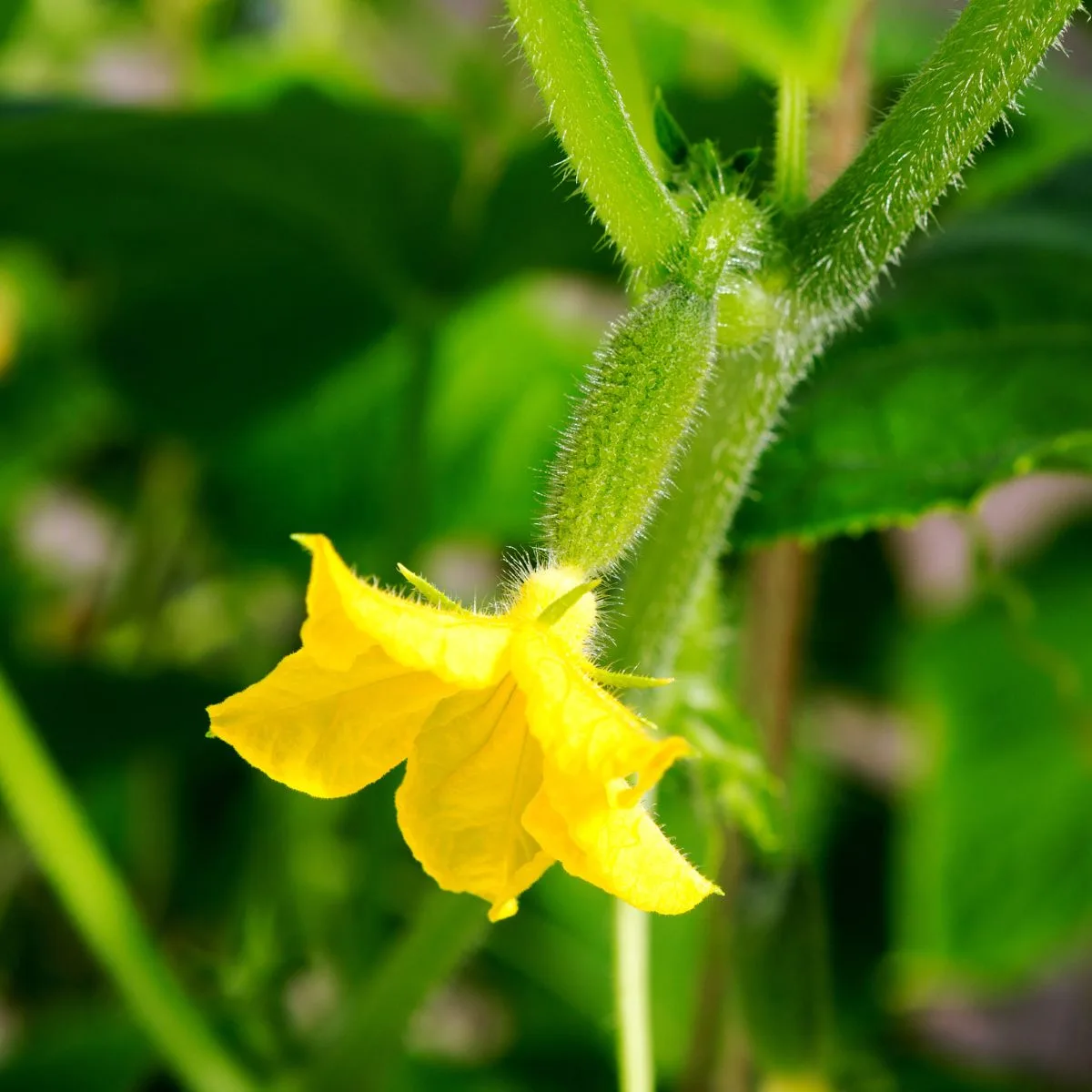
Best Companion Plants for Cucumbers
While many plants tolerate each other’s presence, some plants provide specific benefits to other plants. Here are 11 plants that not only get along well with cucumbers but also help them in some way.
1. Beans
Beans, peas, and other legumes fix nitrogen in the soil, which means they help provide an essential nutrient for cucumbers. Plus, trellised peas and pole beans will grow mostly vertical, alongside the cucumbers, making them an excellent choice for small-space gardens.
2. Beets
Because cucumber vines have one large taproot and lots of thin, shallow roots that take up little space in the soil, they grow well alongside root vegetables like beets. Growing beets and cucumbers together is one way to maximize space in the garden, and beets will also help loosen the soil for cucumbers and other plants.
3. Carrots
Like beets, carrots will not compete for soil space or nutrients with cucumbers, but they can improve the soil texture by loosening it with their long taproots. Carrots also might benefit from the dappled shade that trellised cucumber vines provide.
4. Corn
Cornstalks can provide a support system for cucumber vines, while the cucumbers act as a living mulch, improving soil moisture retention and shading out weeds. Make sure to choose a small, lightweight cucumber variety that won’t overwhelm the corn, and plant cucumber seeds two weeks after direct seeding the corn to give the stalks a bit of a head start.
5. Dill
Dill is not only an essential ingredient for pickles, but it is also one of the best companion plants for cucumbers. This aromatic herb deters insect pests and attracts beneficial insects like ladybugs, hoverflies, and parasitic wasps. Many gardeners claim that dill, when grown nearby, can even enhance the flavor of cucumbers.
6. Marigolds
Marigolds, the classic companion flower, are found in many vegetable gardens for a reason. In addition to providing a bright, cheerful pop of color, marigolds deter many garden pests, including cucumber beetles and aphids. They also attract beneficial insects.
7. Nasturtiums
Another lovely addition to the vegetable garden, nasturtiums attract beneficial insects, like pollinators. They also may deter some insects pests, such as cucumber beetles. Conversely, nasturtiums can fall prey to aphids, though this means they might draw the tiny munching pests away from cucumbers and other crops.
8. Onions
As with other root vegetables, onions occupy a different soil zone from cucumbers and thus won’t compete for underground space or nutrients. Their narrow, vertical foliage means they don’t take up much aboveground space, either! Plus, belonging to the pungent allium family, onions deter pests like Japanese beetles, aphids, and even rabbits.
9. Oregano
The peppery, aromatic foliage of oregano repels some insects that might otherwise munch on cucumbers. Oregano flowers attract lacewings, the larvae of which feed on pests like flea beetles and aphids. This perennial herb can be planted along the border of a vegetable garden or grown in a container placed near the cucumber vines.
10. Radishes
One of the fastest-growing vegetables, radishes are a great crop to sow near newly-planted cucumbers. As a root vegetable, they won’t compete with cucumbers, and they mature quickly enough to be harvested before the cucumber vines begin to take over.
Check out the best companions for radishes.
11. Sunflowers
I discovered by accident (close proximity plus insufficient trellis) that sunflowers make excellent natural trellises for cucumber vines. Choose a large, sturdy sunflower variety and a small, light cucumber variety to reduce the chances of the cucumbers pulling the sunflowers over. You can also stake the sunflowers for added support. I planted Hopi-dye sunflowers and tiny cucamelons!
Here are more companion plants for sunflowers.
Worst Companion Plants for Cucumbers
Just as companion plants offer benefits to each other, some plants have negative affects on others. These could include attracting pests, crowding, competing for nutrients or water, inhibiting growth, and even impacting flavor. The following plants do not get along with cucumbers and should be planted in a different part of the garden to avoid any potential problems.
1. Cabbage
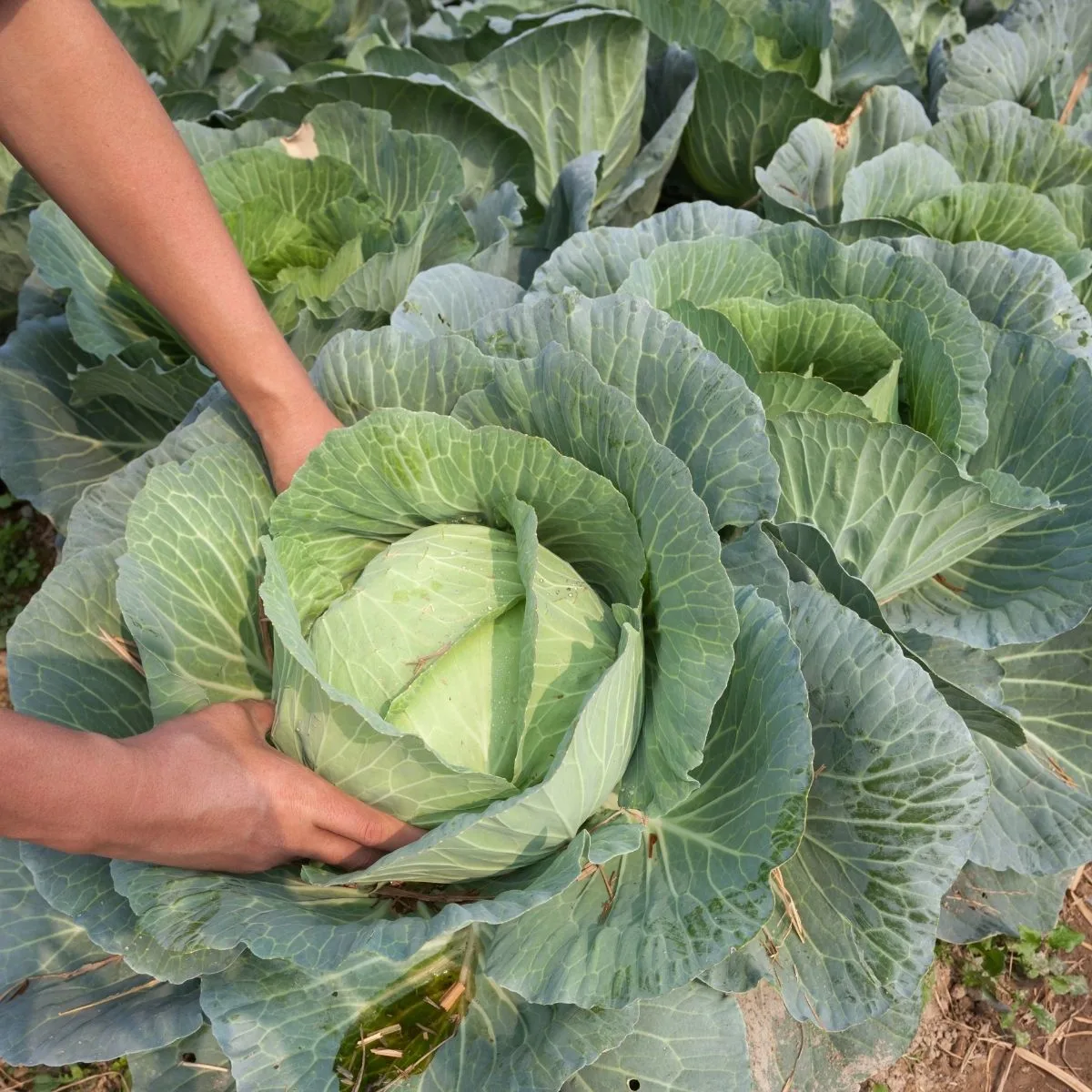
Some gardeners believe that cabbage, broccoli, kale, and other brassicas improve the growth of cucumbers. However, members of the cabbage family require lots of moisture and thus will compete with cucumbers for water if grown too close together. They can compete for nutrients and space as well, and they might attract pests that also feed on cucumbers.
2. Melons
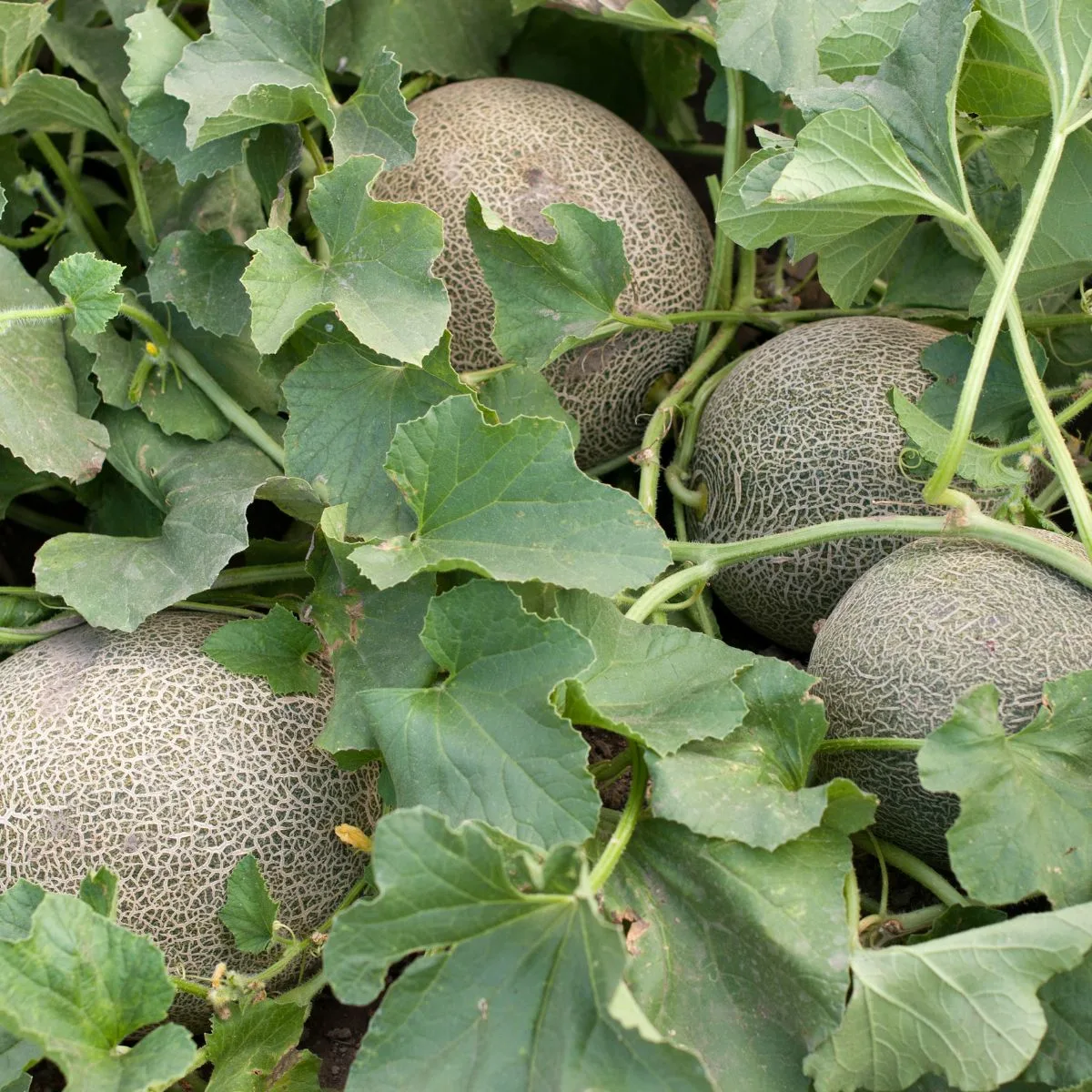
Because they belong to the cucurbit family along with cucumbers, melons suffer from many of the same pests as cucumbers. Planting these two crops together will therefore increase the likelihood of pests or diseases spreading from one to the other, and such problems can quickly spiral out of control. Plant at least one other type of crop between cucumbers and melons to act as a buffer.
3. Mint
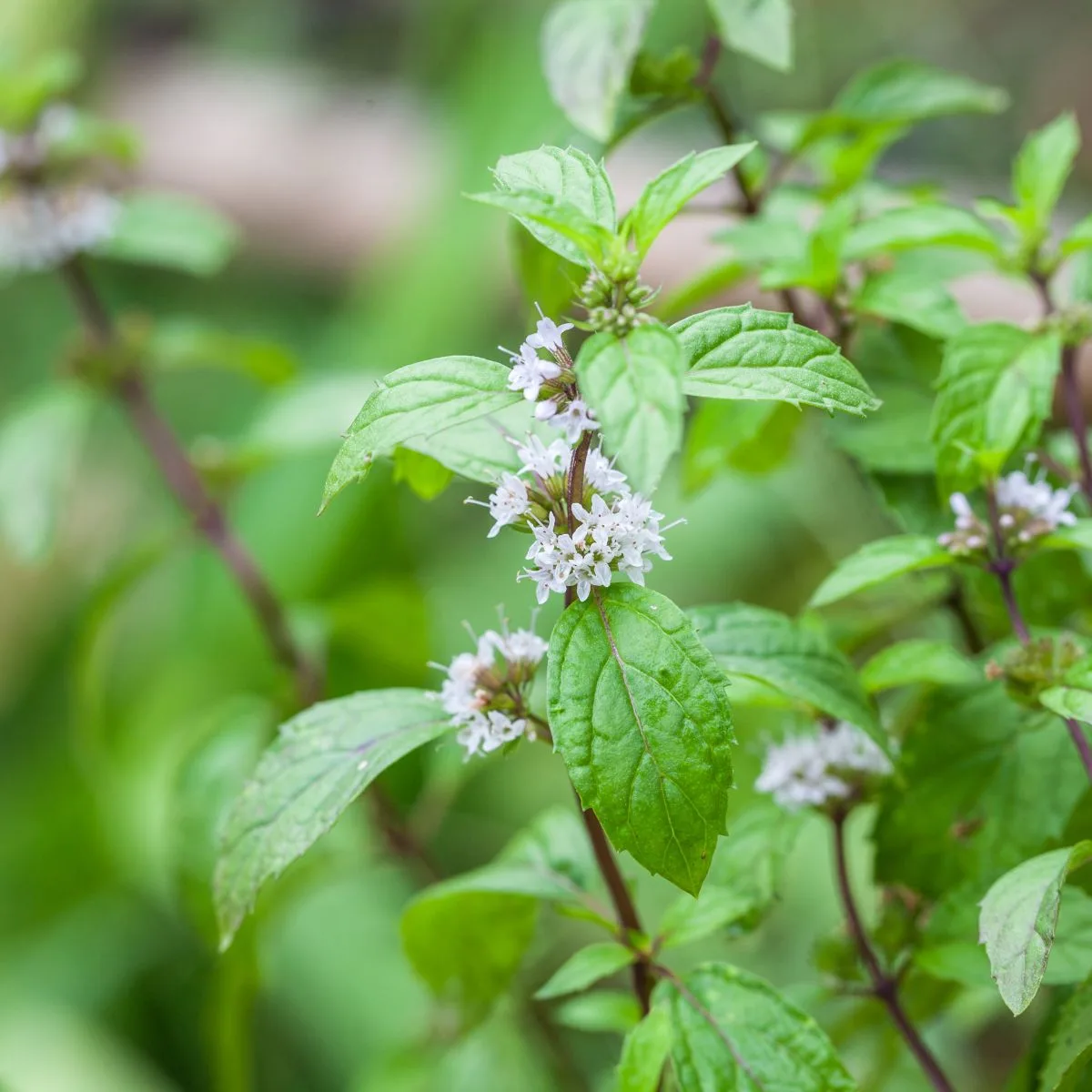
Mint is a notoriously aggressive herb. If planted in the vegetable garden, it will quickly spread and take over, and it’s extremely difficult to remove once established. Not only will it crowd cucumbers and compete for nutrients and moisture, but mint can also affect the flavor of cucumbers. Instead, plant mint in its own well-contained bed or in a container.
4. Potatoes
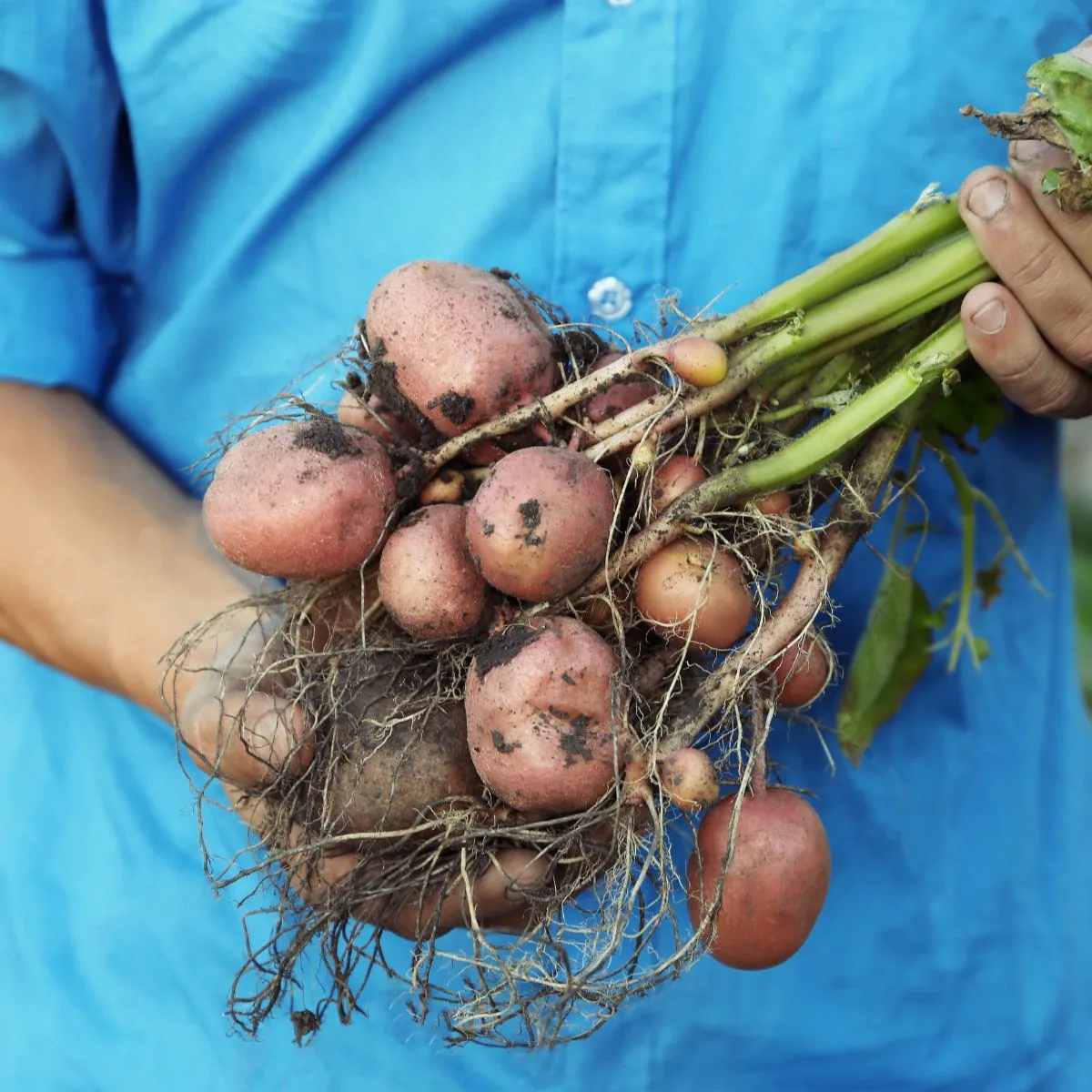
Potatoes, like brassicas, are heavy feeders. If grown too close to cucumbers, they will compete for water and nutrients. In turn, cucumbers might increase the likelihood of blight infecting the potatoes. You also might find it rather difficult to hill potatoes — and dig them — with the inevitable stray cucumber vines tangling around the plants.
5. Sage
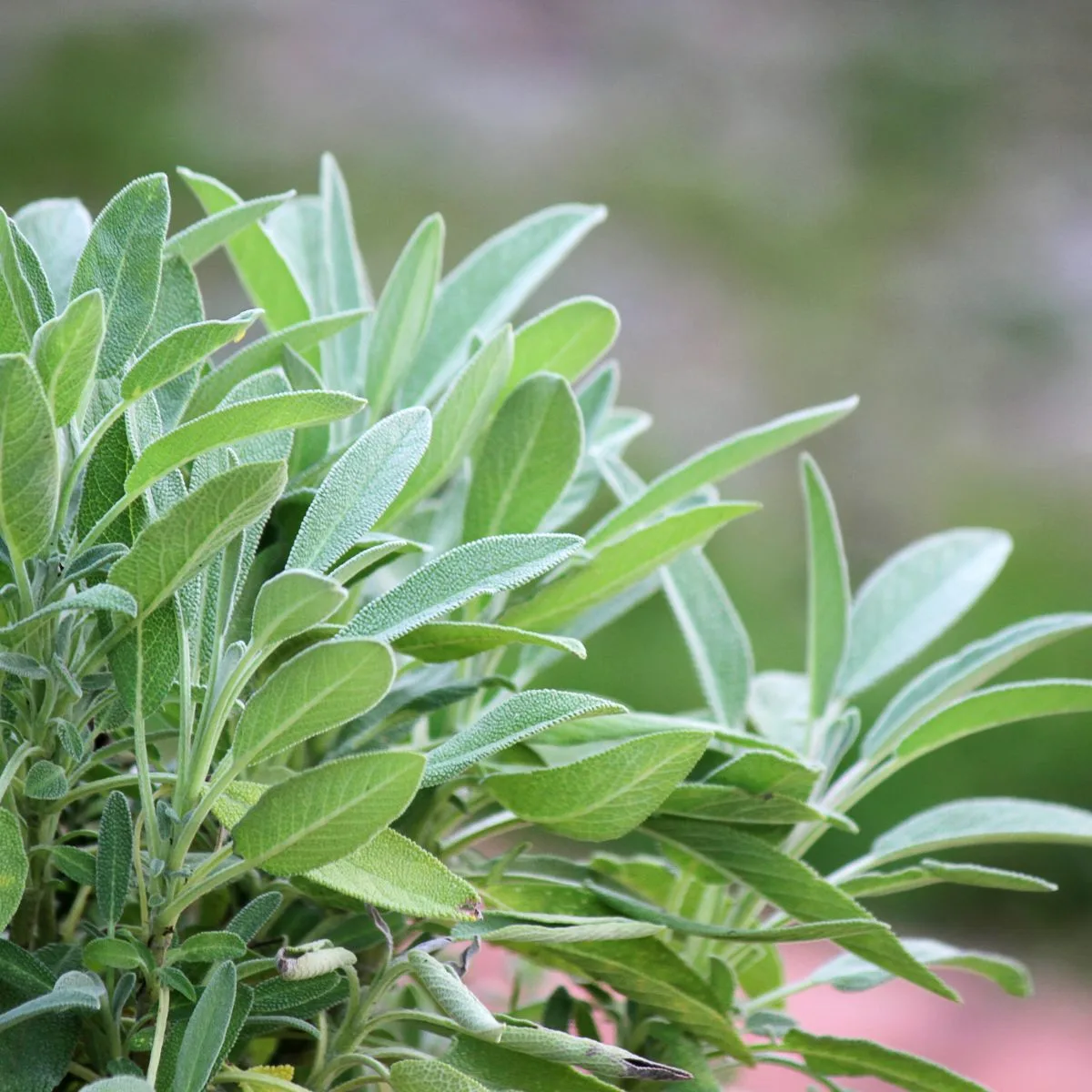
Being nearly all water, cucumbers have such a delicate flavor that most aromatic herbs, like sage, can taint their flavor if grown nearby (dill, of course, is an exception). Some evidence suggests that sage can even stunt the growth of cucumbers. Plant sage in an herb garden instead, where you can enjoy this perennial herb year after year.
6. Squash
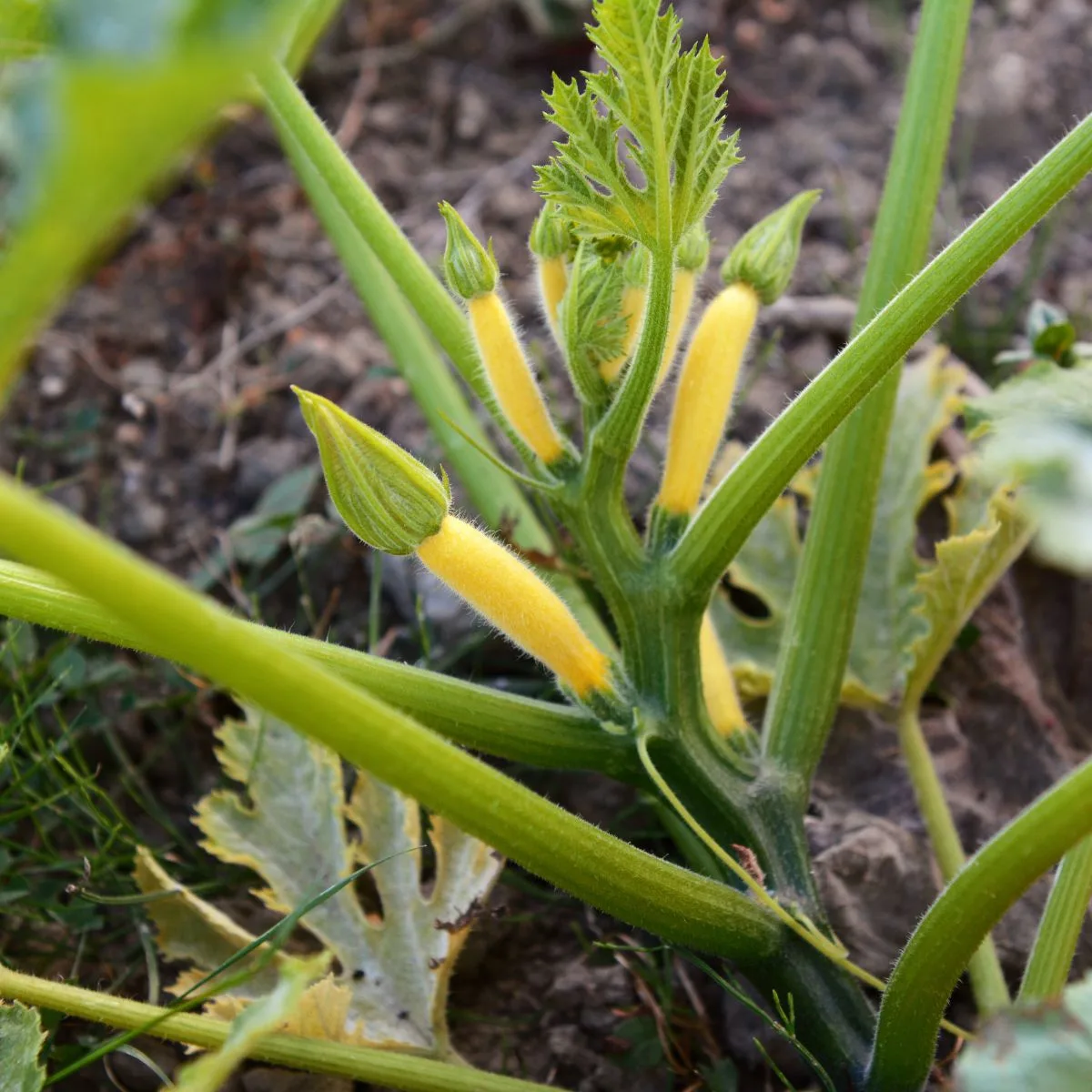
Squash, like melons, belong to the same family as cucumbers, which means they will also attract the same pests and diseases that plague cucumbers. Plant both summer squash and winter squash in a different part of the garden from cucumbers to prevent diseases and pests from spreading between them.
Avoid the six plants above, and try growing a companion plant or two next to your cucumbers. Throughout the growing season, you can see how the plant friends benefit each other!
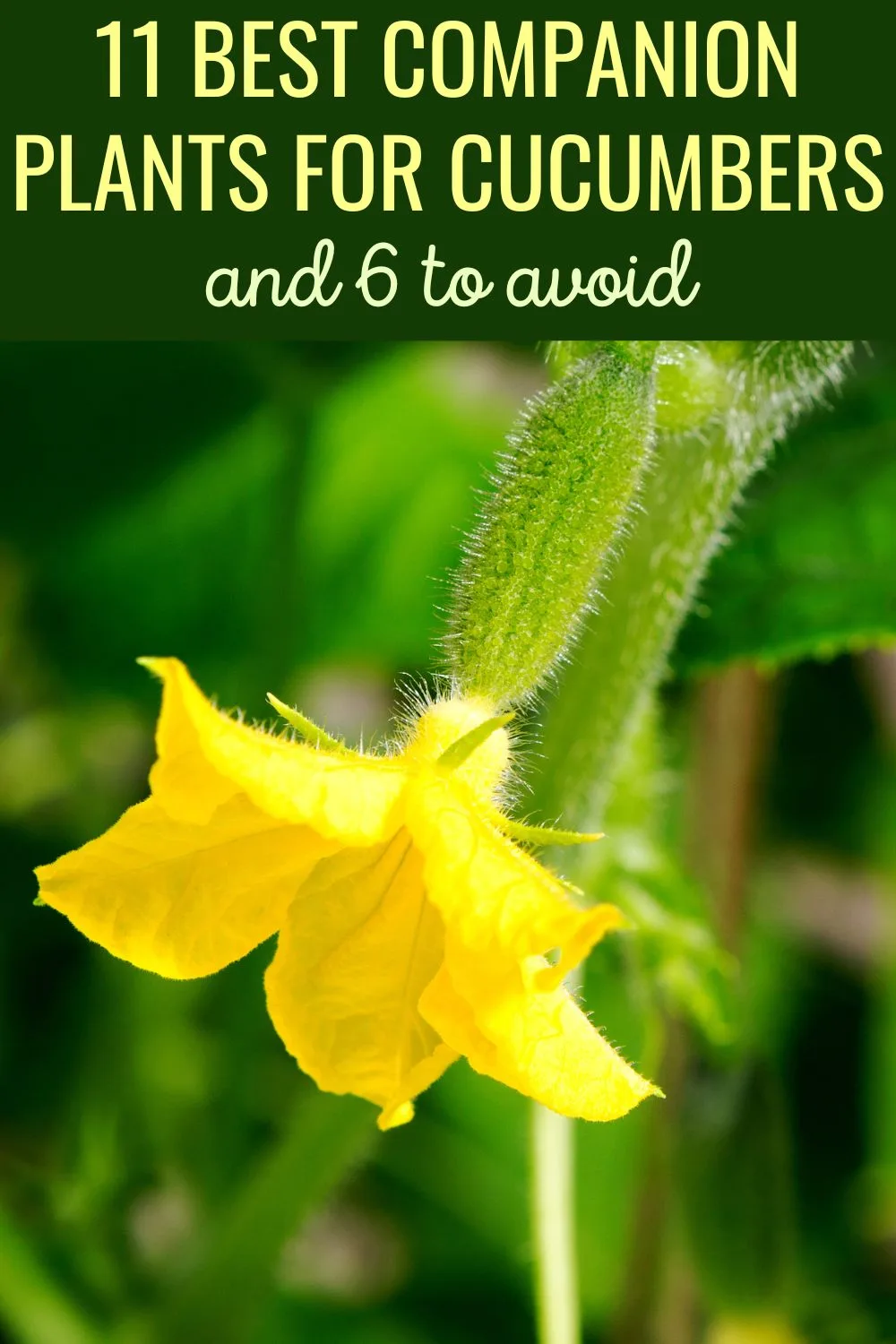
Serena Manickam is a freelance editor and writer and sustainable market gardener in rural Virginia. She holds a BA in environmental science and runs Fairydiddle Farm, a small market garden in which she grows no-spray produce and herbs to sell at a local farmer’s market.

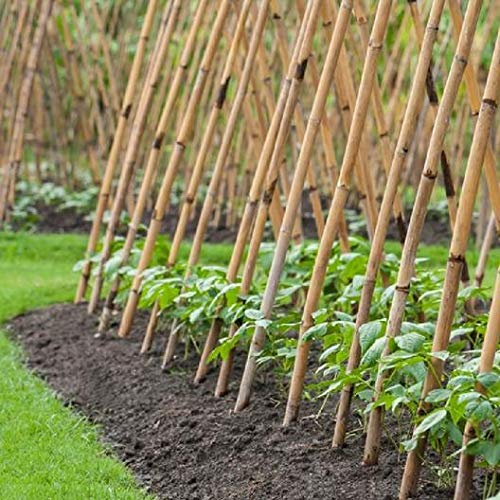



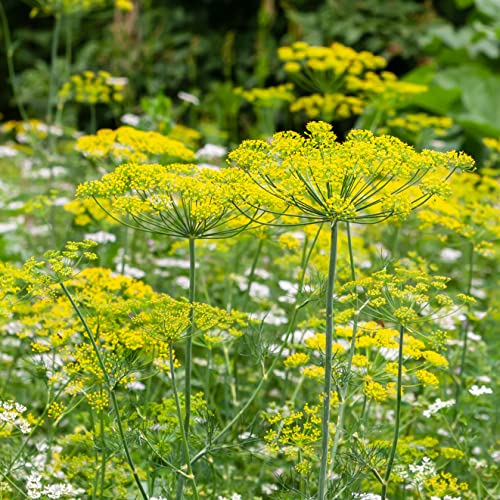


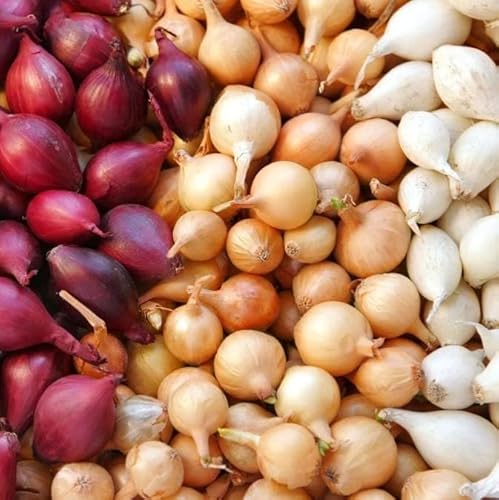

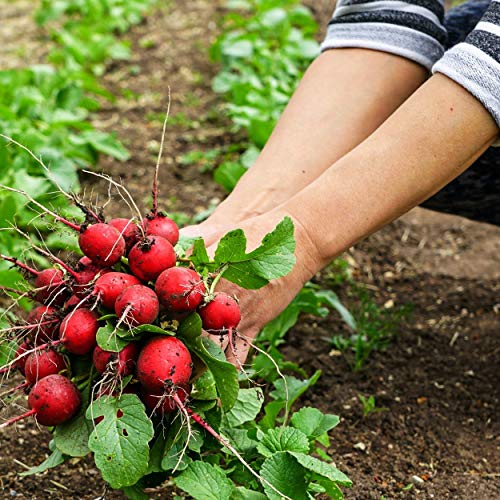


Companion Planting Guide (Including 7 Benefits Of Polyculture)
Sunday 25th of September 2022
[…] Companion plants for cucumbers […]